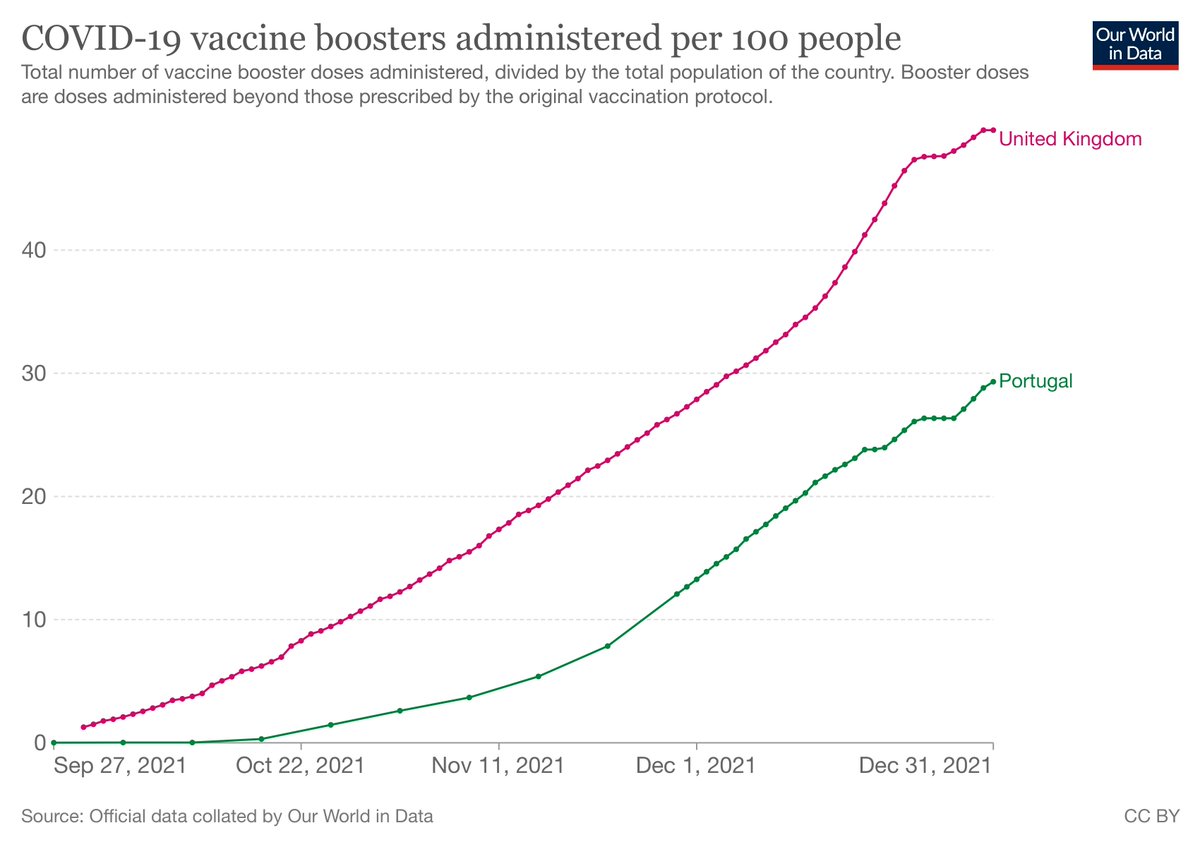Whether SARS-CoV-2 has a natural herd immunity threshold (nHIT) closer to 70% or 20% is a hugely important question whose answer impacts the life of every person on Earth.
https://twitter.com/WesPegden/status/1305180257721495554
I find it therefore normal that a random person forms and expresses opinions about nHIT and that some may even treat the subject just like they treat politics, religion or sports. But scientists are not random in this instance. The expectation on them is different!
In March I assembled an informal team to apply to COVID-19 a knowledge base that I and others developed over the last 10 years. We had studied how individual variation impacts population dynamics: epidemics but also ecology and evolution (nonheritable variation in this case).
In April, we posted first results. We described how individual variation in susceptibility or exposure to infection would cause dramatic reductions on nHIT and discussed (based on what is known for other diseases) what values nHIT might have for COVID-19:
medrxiv.org/content/10.110…
medrxiv.org/content/10.110…
In July, we posted estimates for nHIT in 4 European countries. Values around 10-20%, contrasting with the 60-70% that the dominant stream of mathematical models suggests. The reaction from the scientific community has been the most absurd.
medrxiv.org/content/10.110…
medrxiv.org/content/10.110…
We are being heavily challenged as if it was a matter of our own interest to defend our estimates. But whether we are right or wrong affects the lives of every person (not only me and my collaborators) and it is up to all experts to investigate this as conclusively as possible.
Most reactions however consist of unproven concerns. This is counter productive for 2 reasons: (1) we are not equipped (in terms of human resources) to put all concerns to rest in a useful time frame; (2) this leaves the public with unfounded doubts and escalating insecurity.
There are exceptions of course. Some colleagues have joined and are dedicating serious efforts to helping answer this important question. When do we expect natural herd immunity no SARS-CoV-2 to be achieved and the pandemic to end?
Better phrasing: Given current policies, when do we expect natural herd immunity to SARS-CoV-2 to be achieved and the pandemic to end?
• • •
Missing some Tweet in this thread? You can try to
force a refresh







